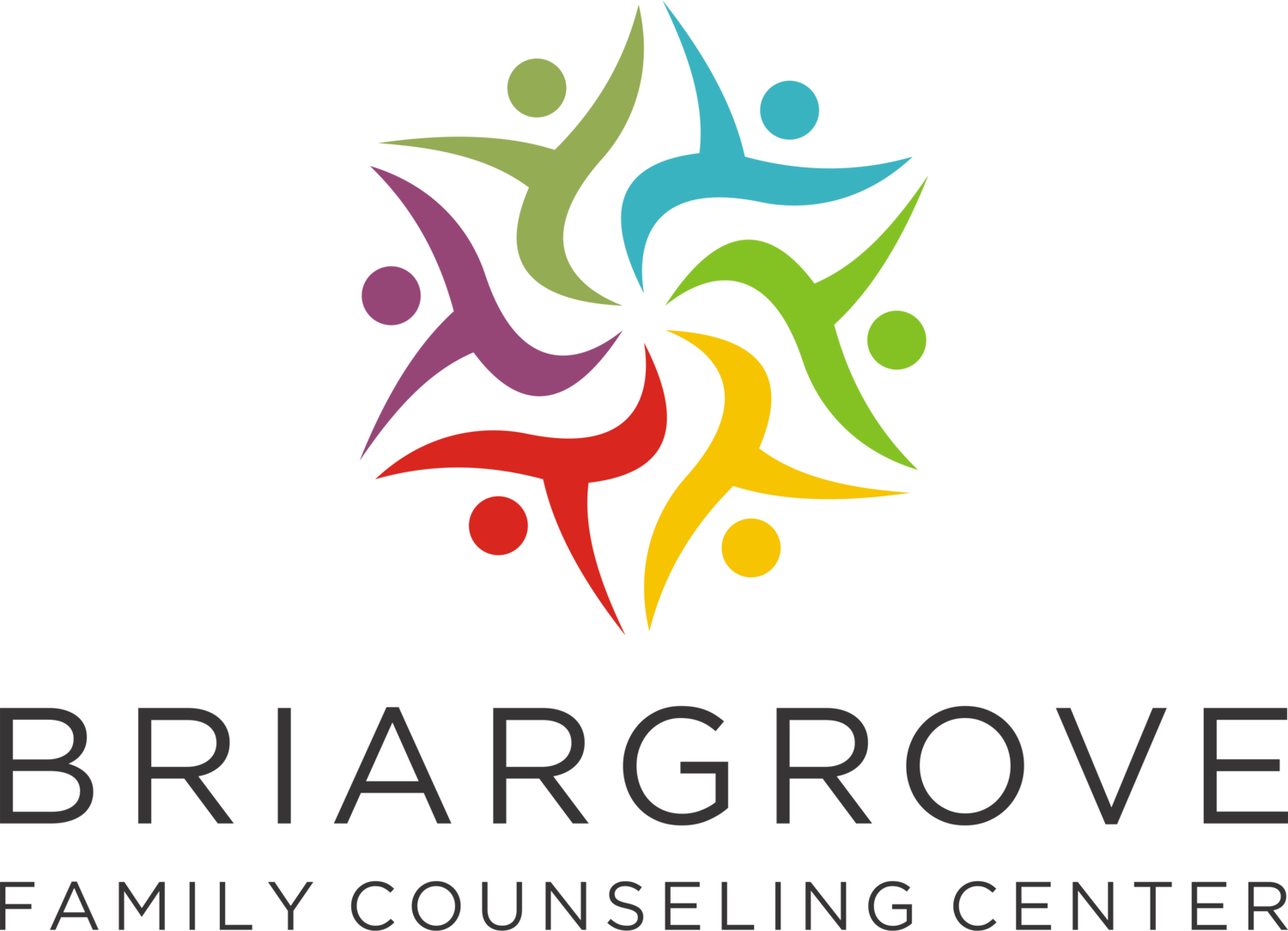Darkest Days: Finding Hope and Healing after Losing a Parent
Losing a parent is one of life's most distressing and significant events. It brings the pain of bereavement, which is like no other in its emotional intensity, making it one of the most stressful life events for an individual to experience. The grief can be overwhelming, and its intensity can vary depending on various factors, including age, relationship with the deceased, and the circumstances surrounding their death.
Grieving the Loss of a Parent
The death of a parent can feel like a tidal wave rushing over us, leaving us in total shock, unprepared, and feeling as though we've lost a fundamental part of our lives that will remain missing forever. The emotional distress involved in losing a parent can be exacerbated by the fact that we are often expected to hold everything together, take on additional responsibilities, and continue our daily lives without them. The experience of parental loss is often seen as one of the so-called 'big-five' life stressors. It can lead to significant psychological difficulties, including depression, anxiety, and feelings of abandonment.
Impact of Parental Loss
The loss of a parent can have a profound impact on an individual's mental health and well-being. Nadine Marks from the University of Wisconsin-Madison researched a sample of 8,865 adults from 1987-1993, revealing that parental death impacts adults’ psychological and physical well-being, which varies by gender. In particular, the death of a mother was associated with lowered psychological wellness levels for daughters and sons. Losing a mother for daughters was also associated with increased chances of binge drinking and lower self-esteem. Loss of fathers for sons was associated with higher depressive symptoms than daughters and lower psychological wellness. The loss of either parent showed an increase in depressive symptoms, a decline in overall happiness, and a decline in how healthy participants thought they were. Another study headed by Debra Umberson indicated that when compared to adult children who are not bereaved, bereaved adult children experience a significant increase in psychological distress and alcohol consumption and a decline in physical health status
Studies have shown that the psychological and emotional impact of losing a parent can be felt long after the bereavement. Stroebe and colleagues' study found that the parental loss's impact was more severe when the death was sudden or unexpected and could be felt for six years afterward. A study by the Pittsburgh Department of Psychiatry completed a seven-year examination of pediatric grief following parental death. The team assessed the mental health of 216 children from 7-17 and compared them with 172 nonbereaved children. They reported parental loss had an early and persistent negative effect on a child's academic and social functioning. They noted this was mainly due to the onset of depression within the first two years of the death.
These studies are reminders of how important it is to care for yourself and to remember you aren’t alone in feeling this loss. This is a brutal hit. It makes sense to want to avoid getting out of bed or to engage in unhelpful behaviors. Have compassion for yourself. Forgive yourself for past hurts, and watch out for self-blame or excessive regret.
Coping with Parental Loss
There is no one-size-fits-all approach to dealing with grief and loss, and every individual will experience a unique response to the bereavement of a parent. However, finding healthy ways to cope with the loss can help to reduce the burden of grief and promote emotional stability.
Engaging in exercise, hobbies, and social activities could reduce the severity of grief symptoms. Seeking support from family and friends, therapy, and counseling could help you cope with parental loss's emotional impact.
Tips for Coping:
1. Allow yourself to grieve: It is essential to fully experience your emotions and mourn the loss of your parent. Don't suppress or judge your feelings; embrace them and give yourself time to heal.
2. Seek support: Talking about your loss with family members, friends, or a support group can be helpful. It can be beneficial to seek professional counseling as well.
3. Take care of yourself: Prioritize your physical and emotional health. Eat well, exercise, and try to maintain a regular sleep schedule. Do a little of what you can at a time.
4. Remember your parent: Cherish the memories of your parent and continue to honor their life through traditions, rituals, or other memorials. Holidays can be particularly challenging. Try making their favorite meal or send a tribute with lantern balloons on these special days. Think of a value your parent embodied and see how you can implement that into your own life. Consider a foundation/scholarship fund in their honor if they valued generosity, for example.
5. Find purpose: Finding a new sense of purpose, such as volunteering or reaching out to others, can aid in the coping process.
6. Allow for change: Recognize your life will change after losing your parent. Give yourself permission to grieve and be open to the changes that come.
Losing a parent is a deeply distressing and painful experience that can have significant psychological and emotional effects in the short and long term. However, by seeking support and finding healthy coping mechanisms, individuals can understand their grief, reduce its intensity, and work to overcome the impact of parental loss.
References
Marks, N. F., Jun, H., & Song, J. (2007). Death of parents and adult psychological and physical well-being: A prospective US national study. Journal of family issues, 28(12), 1611-1638
Umberson, D., & Chen, M. D. (1994). Effects of a parent's death on adult children: Relationship salience and reaction to loss. American Sociological Review, 152-168.
Stroebe, M., Schut, H., & Stroebe, W. (2007). Health Outcomes of Bereavement. The Lancet, 370(9603), 1960-1973.

